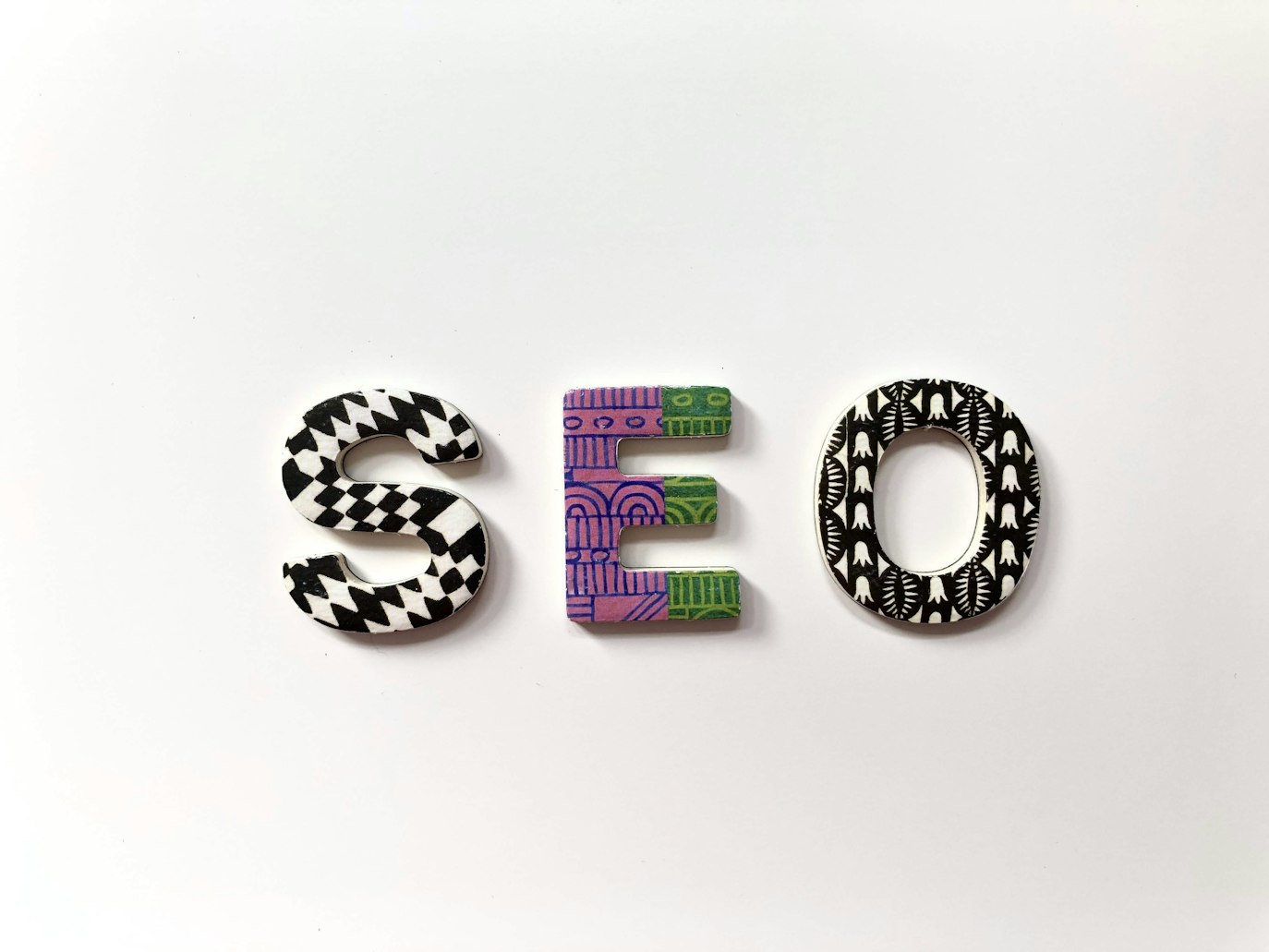31+ Marketing Automation Statistics & Trends (2023)
Top Marketing Automation Stats
Before we dive into the details, let's take a quick look at some eye-opening marketing automation statistics:
The Global Reach: The global marketing automation market is projected to soar to a staggering $13.71 billion by 2030.
Widespread Adoption: A whopping 76% of companies are already harnessing the power of marketing automation.
Customer Journeys: Surprisingly, only 10% of customer journeys are fully automated, showcasing untapped potential.
Success Rate: An impressive 91% of marketers believe that marketing automation helps them achieve their objectives.
Email Automation: Automated emails generate a substantial 31% of all email orders.
Effective Strategy: Marketers who embrace automation are 46% more likely to report having an effective marketing strategy.
Now, let's embark on a deeper exploration of these intriguing statistics.
Marketing Automation Industry Insights
The marketing automation industry primarily consists of software designed to streamline various marketing tasks. This software, ranging from comprehensive platforms like Hubspot to specialized solutions like Mailchimp, collectively drives a high-growth market that's projected to reach $13.71 billion by 2030. Hubspot leads the charge with a substantial 37.5% market share.
Programmatic Advertising's Surge
Programmatic advertising is changing the game for display and video ad campaigns, with spending projected to reach $724.84 billion by 2026. This automated approach ensures precise demographic targeting, with the United States and Canada leading the way at 42.3% of global spending.
Marketing Automation Adoption
The majority of businesses today are automating at least some aspects of their marketing efforts. An impressive 76% of businesses are using marketing automation, with 26% planning to adopt it in the future. Interestingly, marketing teams are outpacing sales and finance teams in adopting automation, using it 76% and 139% more, respectively.
Optimizing Strategy Through Automation
Marketers see automation as a means to optimize their overall strategy. A whopping 43% of marketers prioritize optimizing their overall strategy when using automation tools. Other top goals include improving data quality, identifying ideal customers, optimizing campaigns, and enhancing personalization.
The Budget Outlook
59% of marketers foresee an increase in automation budgets in the upcoming year, with 8% expecting significant increases. However, 11% anticipate budget reductions, underlining the dynamic nature of this industry.
The Impact of Pricing
Pricing plays a pivotal role in choosing a marketing automation tool, with 53% of marketers considering it a top factor. Ease of use is another critical factor, with 47% of marketers factoring it into their decision-making process.
The Benefits of Marketing Automation
Marketing automation empowers teams to become more efficient in numerous ways. A staggering 91% of marketers affirm that it helps them achieve their objectives. Improved targeting tops the list of perceived benefits, with 60% of marketers mentioning it.
Unlocking Effective Strategies
Marketers embracing automation are 46% more likely to report having an effective marketing strategy. This technology allows marketers to reduce the time spent on manual tasks and focus on achieving their goals and improving ROI.
Fostering Collaboration
Investing in marketing automation fosters collaboration between sales and marketing teams, according to 51% of CMOs. Additionally, 47% state that automation expedites the transition of leads from marketing to sales.
Challenges of Automation
Integrating automation software into established marketing workflows presents its challenges. The lack of training and knowledge is the most significant barrier, reported by 39% of marketers. Other challenges include resource limitations, budget constraints, complex setups, and slow onboarding processes.
Email Marketing Automation
Email marketing takes the lead as the most automated marketing channel, with 63% of marketers currently using it. Beyond email, marketers also automate social media management (50%), paid ads (40%), content management (35%), and more.
The Power of Automated Emails
Automated emails are a potent force, generating 31% of all email orders. They achieve impressive open rates, click rates, and conversion rates, demonstrating their effectiveness in nurturing leads and driving sales.
Future of Email Automation
48% of email marketers have plans to increase automation in the next 12 months. Automation, coupled with personalization, is a priority for email marketers, highlighting its enduring importance.
Leveraging Email Sequences
Marketers predominantly automate onboarding and post-purchase emails (55%). Other common automated email sequences include subscriber reengagement emails (32%) and customer reactivation emails (31%).
A Top Email Marketing Strategy
Automation ranks as the third most effective email marketing strategy, following subscriber segmentation and message personalization. It plays a crucial role in achieving email marketing success.
The Future of Marketing Automation
The marketing automation industry is on an upward trajectory, with many companies embracing automation to its full potential. Even those yet to adopt it are planning to do so. The data speaks for itself, showcasing the immense value of automation in today's marketing landscape.
As the marketing world continues to evolve, marketing automation remains a cornerstone for businesses striving to stay competitive and efficient in their endeavors. Harnessing the power of automation is no longer an option but a necessity in the modern marketing landscape.
